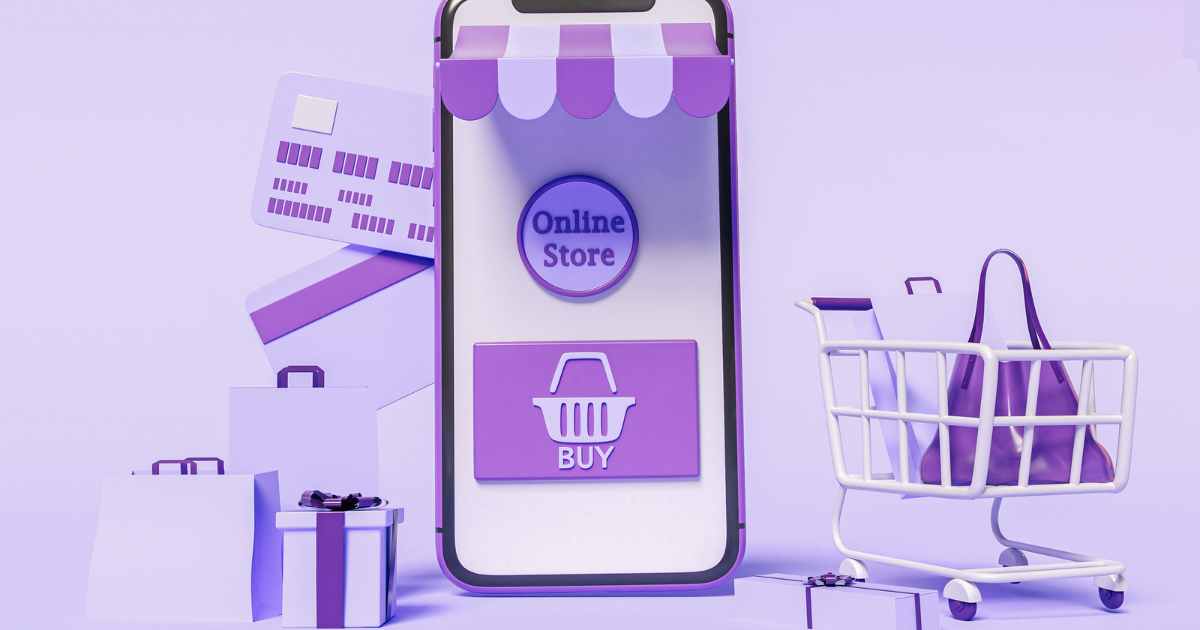
In the era of all things digital it has become imperative for retail businesses to operate both physical and online stores.
The Mckinsey’s Lions Go Digital report projects that online shopping in Africa could account up to 10% in retail sales, with a value of around $75 billion by 2025.
With such stats, whether you are selling at markets, out of the boot of your car, downtown in your small shop or even on social media, an online store is a must-have for any small retail business.
Deciding on how to setup your online store can be a daunting exercise. There are various options to choose from, let us look at the three most popular ways to set up an online store.
1. Out-of-the-Box platforms
You can get a SaaS ecommerce platform such as Shopify. This option is great for businesses who do not want the hassle of building an online store from scratch but still want the ability to manage their own store. These types of platforms are licensed on a subscription basis, you can either pay a monthly fee or pay the discounted yearly fee.
Benefits:
– These types of platforms host your online store on their server. These means that they are responsible for the security, performance and maintenance thereof.
– A free or paid for pre-built template to design your store.
– It meets all payment card industry standards to protect personal and business data which reduce credit card fraud.
– It has great tools, plug-ins and add-ons that improve your store’s performance and assists with marketing.
2. Build
For small brands that want to scale their business this is a great option. Building an online store from scratch can be complicated and costly. To create a great online store, you would need to get a great developer, web designer and an user experience expert on your team to help with building a store that provides great customer experience.
Benefits:
– Gives you the freedom to customise your store to your specifications.
– You are in control of your brand.
– You have direct access to your customers.
3. Marketplace
An online marketplace is an ecommerce platform that acts as an intermediary between the seller and buyer.
This option is suitable for small business that do not have the capital or time to create an online store from scratch or do not have a large following of their own.
Marketplaces charge a commission on items sold and/or a monthly fee. When choosing an online marketplace, it is important to think about how you want your brand to be represented and who you want it to be associated with.
You can either go for a horizontal or vertical marketplace. A horizontal marketplace sells all types of products, an example of such a place is takealot.com. A vertical marketplace would sell specific well curated products, an example of this would be Vuuqa.com that sell only African brands made in Africa or Ayande who only sell groceries.
Benefits:
– Marketplaces manage all the admin, marketing, delivery and payments.
– Offers an one-stop-shop for the customer, one payment, [and access to] several brands.
– Power in numbers: capitalize on each other’s market and customer base.
– Lower costs
There is no question as to whether small retail businesses need an online store, the question is rather how one goes about setting it up. Do you go with an out-of-the-box solution, build from scratch or join a marketplace? Whichever option you go with let it be aligned to your brand strategy.















